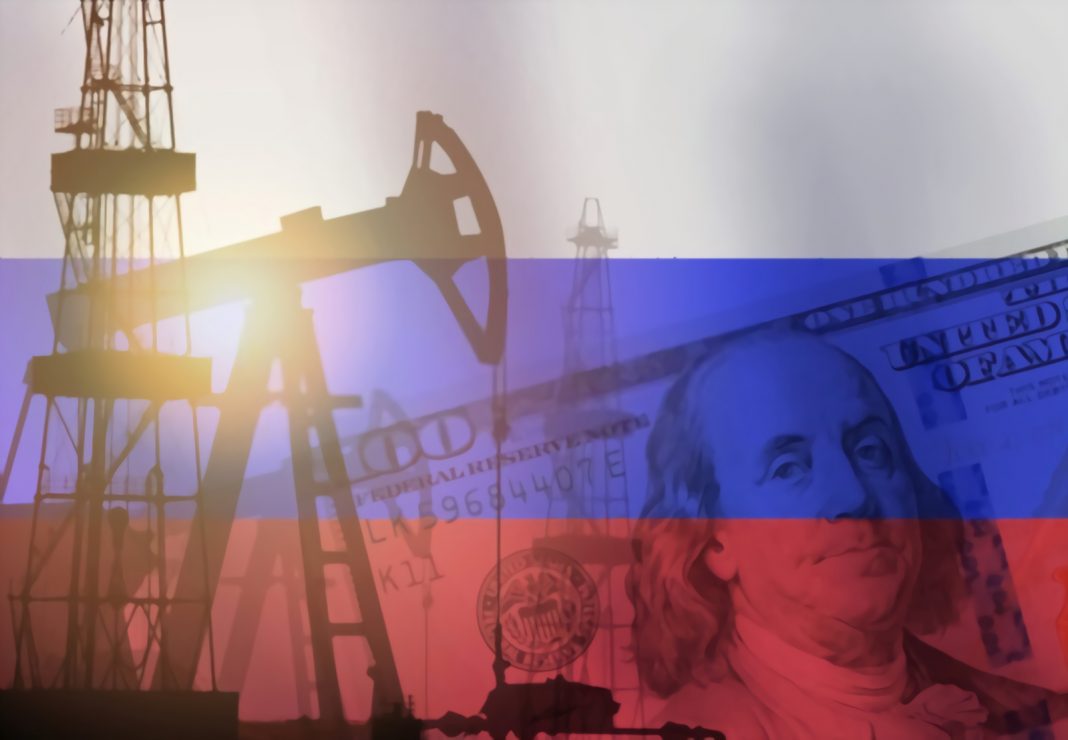Russia-Ukraine War: Energy Shortages in Europe
Fears over an energy shortage in Europe are growing amid the Ukraine war. Tesla CEO Elon Musk has warned the EU to restart dormant nuclear power plants. Moreover, he has suggested Europe should also increase the output of existing nuclear power plants. The European Commission has revealed plans to reduce the dependency of European Union member states on Russian energy sources. Can Europe manage its energy crisis without imports from Russia?
Europe’s Reliance on Russian Gas
According to Yahoo News, Europe is on track to be home to 102 shutdown nuclear reactors this year. Russia supplies about one-third of Europe’s gas demands, according to the International Energy Agency. The continent has come to rely on Russian natural-gas exports as a transition fuel as countries move towards renewable energy. But the shift to renewables is not fast enough for the EU to ease its reliance on Russian gas.
According to Freethink, the European Union relies heavily on Russian oil and gas. In contrast to the US, the EU has so far declined to ban imports of Russian oil and gas. Europe is heavily dependent on Russian energy. The EU currently imports 25% of its oil and 40% of its gas from Russia.
Russia Avoiding Gas Exports to Europe
According to Reuters, E.ON rejected demands to shut down the Nord Stream 1 gas pipeline. This demand was part of sanctions against Russia for invading Ukraine. E.ON is Europe’s largest operator of energy networks. However, according to Freethink, Russia has threatened to “mirror” the West’s sanctions by closing the valve on Nord Stream 1. This multi-billion-dollar network of pipelines sends natural gas from Russia to Germany.
Rising Oil Prices
Oil and gas prices are rising in world markets. As reported by The European Commission, Europe has been facing increased energy prices for several months. Currently, uncertainty in supply is worsening the situation. According to NDTV, crude oil prices rose nearly 3% to reach $111 per barrel early on Monday (21 March 2022). Still, volatility is expected to be the theme during the ebbs and flows of the Ukraine-Russia peace talks. According to the IEA, 3 million barrels per day of Russian crude and byproducts would be off the market by April.
Nuclear Energy and Energy Shortages in Europe
Elon Musk tweeted it was “extremely obvious” Europe should boost nuclear energy output amid the Ukraine war. There are fears of an energy supply crisis in Europe as it is heavily reliant on Russian gas imports. Musk said the US needs to increase its oil and gas output to offset declines in Russian exports and Europe should restart its dormant nuclear power plants and boost the output of those that are operational. He added that this is critical to national and international security. Elon Musk is the CEO of Tesla. Tesla runs a clean energy business alongside its electric vehicle unit. But there exists nuclear anxieties in Europe.
According to Freethink, nuclear power plants come with risks. As a result of natural disasters or shoddy maintenance, nuclear reactors can melt down. This happened to three reactors in 2011 when a tsunami struck Japan’s Fukushima Daiichi nuclear power plant. The disaster poured cold water on the so-called “nuclear renaissance” of the early 2000s. This caused some nations to reconsider their reliance on nuclear energy. After the Fukushima disaster, it was Germany, not Japan, who pushed back hardest against nuclear energy and closed most of its nuclear power plants.
EU Plans for Energy Shortages in Europe
The European Commission has proposed a plan to make Europe independent from Russian fossil fuels. The independence will happen well before 2030, starting with gas, in light of Russia’s invasion of Ukraine. This plan also outlines a series of measures to respond to rising energy prices in Europe. The plan includes filling gas stocks for next winter. REPowerEU will seek to diversify gas supplies. It will speed up the roll-out of renewables and replace gas in heating and power generation. This can reduce EU demand for Russian gas by two thirds before the end of the year.
Europe has a plan to phase out its dependence on fossil fuels from Russia before 2030. To do so, the Commission will increase the flexibility of the EU energy system. It will diversify gas supplies via higher Liquefied Natural Gas (LNG) and pipeline imports from non-Russian suppliers. It will increase the volume of biomethane and renewable hydrogen production and imports. According to the plan, the use of fossil fuels must be reduced in homes, buildings, industries, and power systems.
Concluding Remarks
According to Freethink, the use of nuclear power plants is risky, indicating that these are not safe sources of energy. Moreover, Europe is trying hard to replace Russian natural gas with energy sources from other counties. However, no single country is able to resolve the problem of energy shortages in Europe. Also, replacing Russian gas with other energy sources requires putting in place the necessary infrastructures at high costs. As such, Europe has a long, bumpy road ahead. According to Reuters, the European Commission’s plan to cut dependence on Russian gas this year will be hard to achieve. This plan could trigger a competitive and costly dash for fuel when energy prices are already causing economic pain. Thus, the sanctions imposed on Russia will hurt the West and Europeans will suffer greatly from energy shortages.

